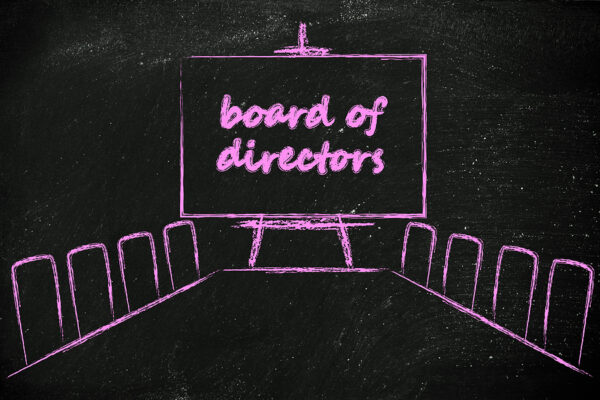Who are the better bosses – men or women? Neither according to an analysis of 6215 personality questionnaires, conducted by global psychometric assessment firm SHL.
“The ‘battle of the sexes’ in the workplace has often been attributed to men and women having completely different personalities – the ‘men are from Mars, women are from Venus’ argument,” says Ray Glennon, SHL director of professional services Australia and New Zealand.
“However, the results of five years’ worth of Occupational Personality Questionnaires show that the way people prefer to behave in the workplace is not influenced by gender,” he says.
For example, in relation to control and leadership, some men stated they strongly dislike taking charge and prefer other team members to lead, just as some women stated they strongly like to direct and manage people, he says.
Glennon says the results highlight the importance of making no assumptions when recruiting or promoting staff.
“The results challenge stereotypes, such as women dislike working with numbers, and reiterate the importance of assessing every individual fairly and objectively. There is no such thing as an ‘average’ male or ‘average’ female,” he says.
Glennon also believes that the results are wake-up call for industries dominated by one gender, such as the manufacturing sector, where two thirds of the industry is male, or human resources and PR, which are dominated by women.
“Sometimes employers are reluctant to recruit woman for stereotypically male role, or vice versa. SHL’s findings show such concerns are misplaced. By relying on stereotypes instead of considering the individual’s strengths, employers risk missing out on high performers,” he says.
SHL’s Occupational Personality Questionnaire provides an assessment of an individual’s workplace behavioural style. The results can be used to help predict an individual’s potential to succeed in role, defined by specific competencies. Each individual’s OPQ responses are collated into 32 personality traits, which are then grouped into three main categories, Relationships with People, Thinking Style, and Feelings & Emotion. When the responses were compared between genders across the five-year period, it found male and female responses were almost identical.
Glennon says in addition to measuring each candidate individually, it is important that employers define what criteria are required to perform well in the role, such as cultural fit.
“The skills shortage continues to prompt organisations to reassess what new employee needs to bring to the organisation. How an employee fits within an organisation’s culture significantly impacts their productivity, morale and retention,” he says.
“Existing skills and past experience are important, but considering that demand for candidates is outstripping supply, training can easily bring new recruit up-to-speed. The same process can’t be applied to an individual’s personality and behavioural characteristics,” Glennon adds.

Two new BEIA board members welcomed
Two new members have been welcomed to the Business Events Industry Aotearoa (BEIA) board following the organisation’s AGM. BEIA, which is the official membership-based association of New Zealand’s business events










